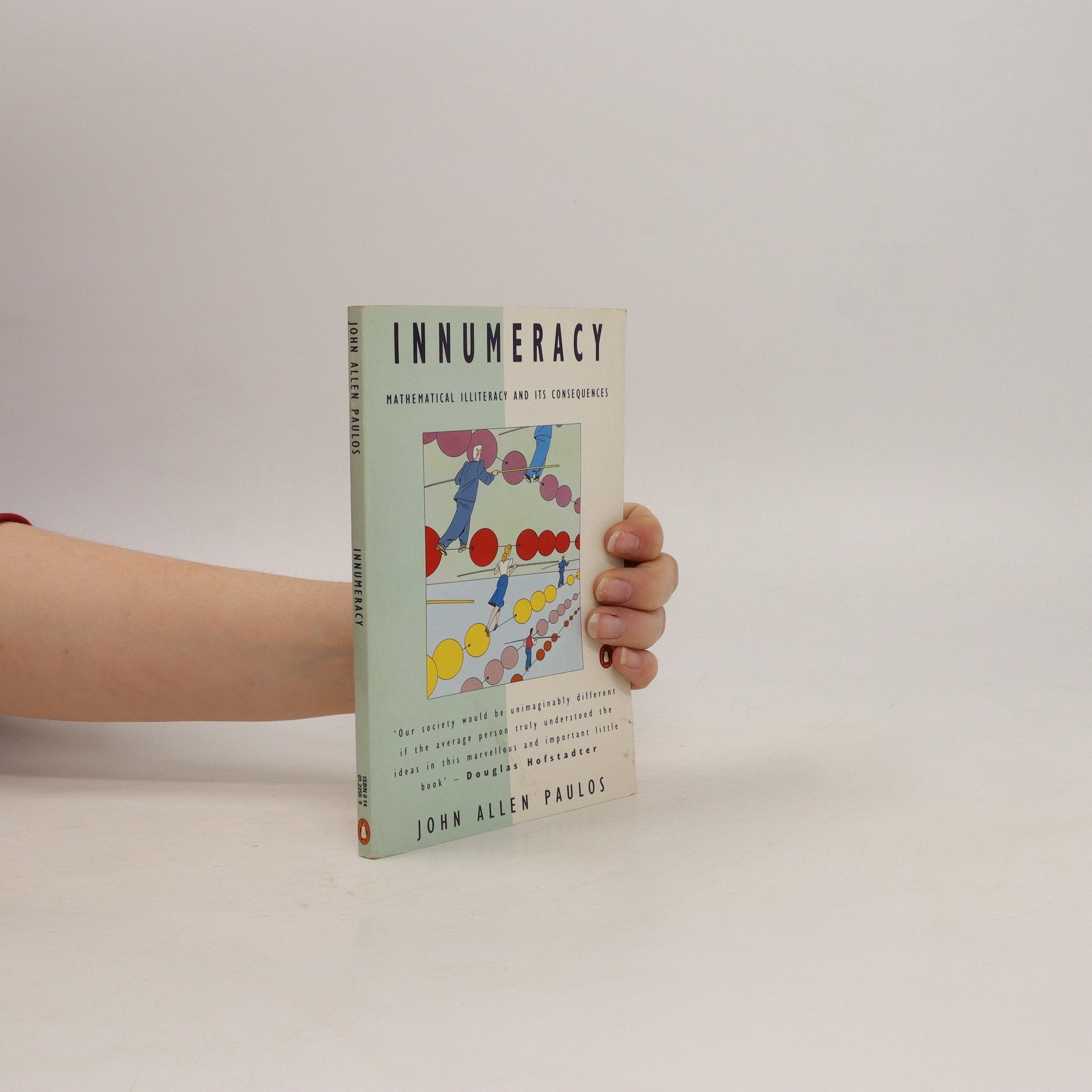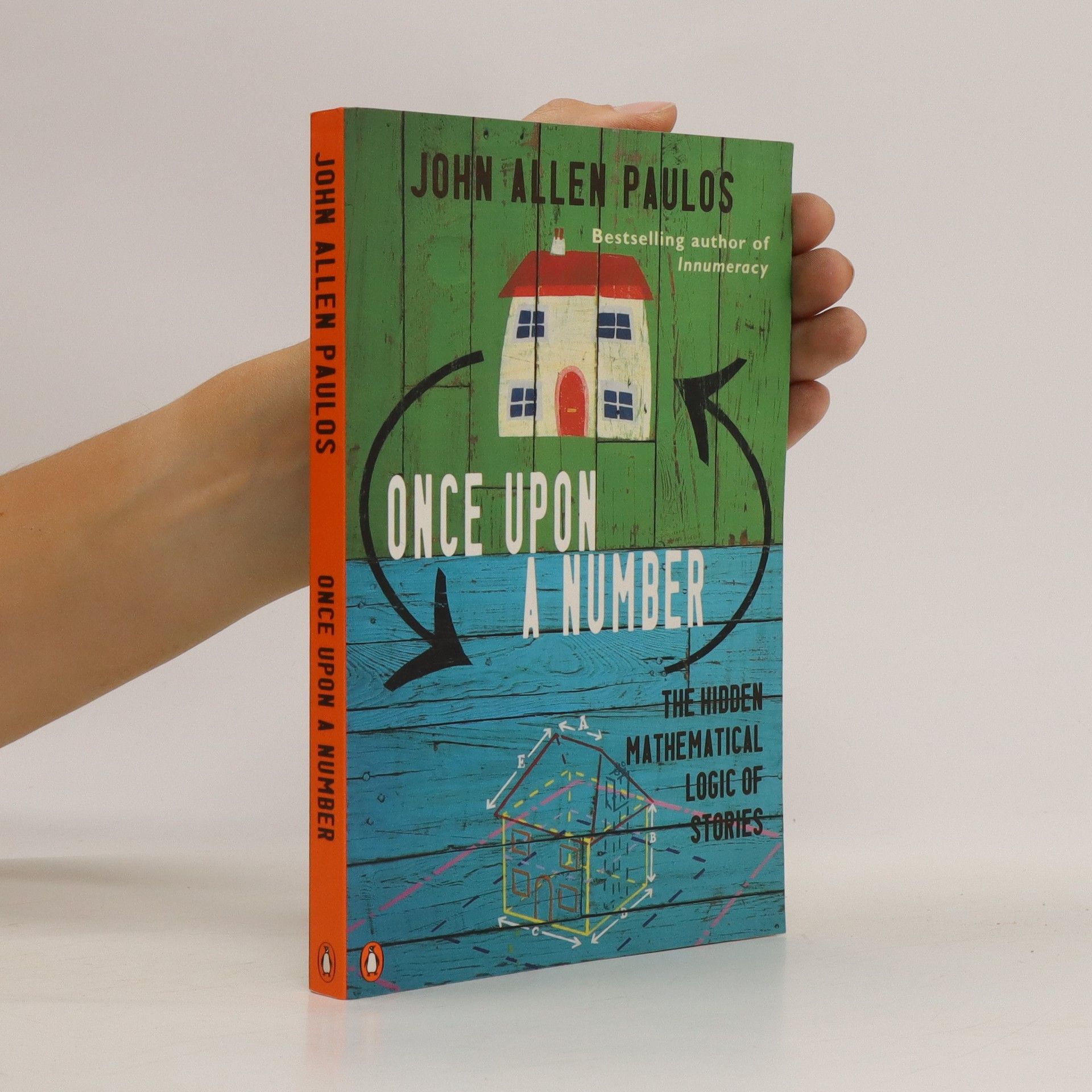The human imagination seems able to explore two very different worlds: the realm of mathematics, statistics and exact science, and the contrasting world of personal experience. This book explores the unexpected relationships that tie these two worlds together.
John Allen Paulos Boeken






I Think, Therefore I Laugh
- 192bladzijden
- 7 uur lezen
The preeminent explicator of mathematical logic to non-mathematicians, John Allen Paulos is familiar to general readers not only from his bestselling books but also from his media appearances, including "The David Letterman Show" and National Public Radio's "Talk of the Nation" and "Science Friday", as well as articles in Newsweek, Nature, Business Week, the New York Times Book Review, The Nation, New York Review of Books, and The London Review of Books. Paulos originally wrote this charming little book on analytic logic, its mathematics, and its puzzles in 1985. And as in his later books, he uses jokes, stories, parables, and anecdotes to elucidate difficult concepts, in this case, some of the fundamental problems in modern philosophy.
For decades, New York Times best-selling author John Allen Paulos has enlightened readers by showing how to make sense of the numbers and probabilities behind real-world events, political calculations, and everyday personal decisions. Who’s Counting? features dozens of his insightful essays—original writings on contemporary issues like the COVID-19 pandemic, online conspiracy theories, “fake news,” and climate change, as well as a selection of enduring columns from his popular ABC News column of the same name. With an abiding respect for reason, a penchant for puzzles with societal implications, and a disarming sense of humor, Paulos does in this collection what he’s famous clarifies mathematical ideas for everyone and shows how they play a role in government, media, popular culture, and life. He argues that if we can’t critically interpret numbers and statistics, we lose one of our most basic and reliable guides to reality.
In this book, Paulos argues that our inability to deal rationally with very large numbers results in misinformed governmental policies, confused personal decisions and an increased susceptibility to pseudo-sciences of all kinds. The discussion is illustrated with many quirky stories and anecdotes.
A Mathematician Plays the Market
- 224bladzijden
- 8 uur lezen
Paulos offers a hillarious account of how the stock market both follows and defies mathematical principals. He offers an enagaing overview of everything from "betas" to the efficient market hypothesis.
Dieses pfiffige Buch des amerikanischen Mathematikers John Allen Paulos offenbart überraschende Verbindungen zwischen Alltag und Mathematik, zwischen "heißen" Storys und "kalten" Statistiken, zwischen lockerer Unterhaltung und formaler Logik, zwischen Komik und Computern. Die Lektüre wird Ihnen etliche "Aha!"-Effekte bereiten und manche Gelegenheit zum Schmunzeln geben
